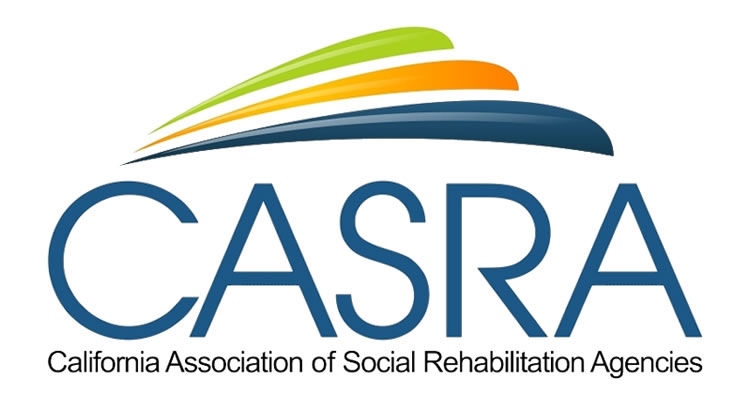Advocacy
Healthcare Transformation
The passage of the Patient Protection and Affordable Care Act of 2010 represents a once-in-a-lifetime opportunity to make the mental health and substance abuse fields fully equal participants in healthcare. CASRA and the other mental health and substance use care groups must participate fully in the vital work ahead to ensure that consumers have access to the services that support recovery, community integration and a desirable quality of life.
There are at least five major issues that must be addressed:
Insurance reform - The expansion of the Medicaid program will offer opportunities and challenges. Estimates are that the newly insured will bring $68 billion in new resources to the behavioral healthcare field. However, current Medicaid beneficiaries find it impossible to find private providers that take Medicaid and the public systems are overwhelmed with demand.
Coverage reform – The elimination of pre-existing condition provisions in current plans, of annual and lifetime limits on coverage, and the elimination of co-pays for prevention will have an impact. For consumers, this may mean that they will be able to continue to receive healthcare coverage through private insurance plans. However, the adequacy and scope of services is of concern as the private and primary healthcare systems do not have a demonstrable track record in providing rehabilitation and recovery-supportive services. The inter-relationship between traditional health care and social services also must be addressed.
Quality reform - Patient-centered medical homes (including behavioral health medical homes), accountable care organizations that integrate care for the whole person and implementation of evidence-based practices are being proposed.
Payment reform – Moving from an encounter-based payment system to episodic and case-rate systems are being proposed. In California, our experience with case rate funding provides us with a framework to understand these approaches. However, in order to develop case rates that are sufficient to support recovery, efforts to match level-of-service to level-of-need (i.e., Milestones of Recovery Scale) will become very important.
Information technology – Financial incentives for the adoption of electronic health records and personal health records may provide tools to support better reporting and improvements in the quality and effectiveness of services.

